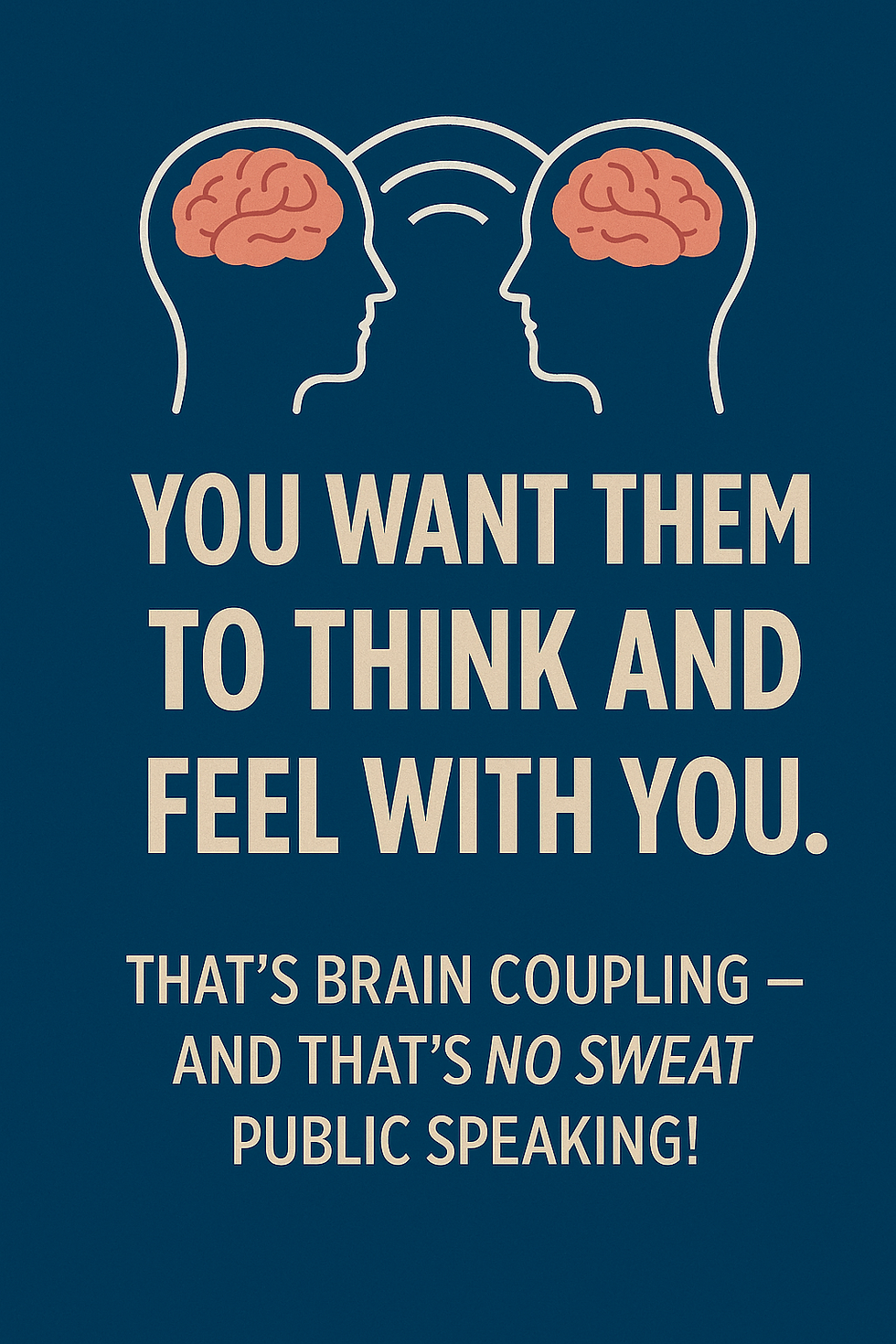I Ask for Questions, but No Hands are Raised – <br>Now What?
- Fred Miller

- May 6, 2010
- 2 min read
My Presentation Was So Good, There Are No Questions – Correct?

Photo Credit – Michael Elliott
Don’t bet on it!
Many people are shy, and your audience may be full of people who want to ask something, but don’t want to be the first to raise their hand.
Some are concerned about asking a question that you covered well, and they might embarrass themselves if they ask.
Solution: Ask the first question yourself!
Here’s some verbiage I’ve used: (You’ll have to adapt this to the subject of your speech.) “I told you earlier, that before the conclusion of my talk, I’ll take some questions. This is that time. Who has a question? (No one raises their hand.)
“Well, let me get the Q&A Session started. One of the questions I’m often asked is, ‘If you had one piece of advice to give someone who wanted to improve their public speaking, what would it be?’
I pause for a moment, then answer ‘Join Toastmasters.’
I then go on to explain the reasons for my answer, telling my own story of initially picking a club that wasn’t a fit for me, dropping out after a short period of time, and eventually finding a club where I stayed for many years.
I then ask the audience, “Is anyone here, now, or have you ever been in Toastmasters?” I raise my hand because this action will result in more raised hands, and ask, “Did you stick with the first club you visited?”
Usually, because they are Toastmasters, I can start getting some involvement, and the questions usually flow from that point.
Sometimes, you have to ask yourself several questions to get the process started. This is why it’s important to have those questions, and answers, in your hip pocket.
Another technique, is to speak to someone about the Q&A Session, perhaps the meeting planner, before your talk. Tell them that it’s sometimes necessary to ‘prime the pump’ with a question or two, and ask for their help. Give them a question to ask, and they’ll always oblige you.
Important:
Never put someone on the spot by pointing, or addressing them by name, and asking a question.
It could make them uncomfortable.
The rest of your audience might sense this, making them uncomfortable, also. They’ll also be wondering, “Am I next?”
Watch you time.
Allow a certain amount, and no more for questions and answers. If there are more questions, give options like speaking to you after the presentation or emailing them to you. (Be certain to answer!)
If you don’t know the answer.
Don’t fake it. Say, “That’s one I’ll have to think about. Let me get back to you later on that.
You might also throw it out to the audience for an answer.
Don’t get into confrontations with the audience.
Suggest, “You and I can talk about this later, OK?”
About the Author: Fred E. Miller coaches, speaks and writes about Public Speaking and Presentation Skills. 314-517-8772 Fred@NoSweatPublicSpeaking.com https://nosweatpublicspeaking.com
#CommunicationSpecialistStLouis #PresentationCoachMissouri #Communication #PublicSpeakingCoachMissouri #publicspeakingskills #SpeakertrainingstLouis #PublicSpeakingStLouis #StLouisSpeakingCoach #SpeechLessonsStLouis #Presentations #StLouisSpeaker #OpeningaSpeech #presenting #Communications #CommunicationsSpecialistStLouis #PublicSpeakerStLouis #AnsweringQuestions #SpeakingCoach #speech




Comments